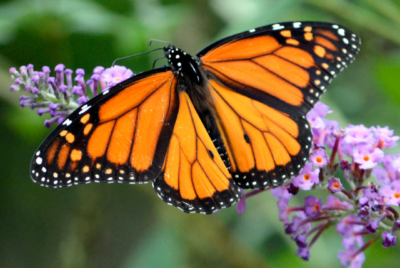RESEARCH
Improved Cognitive Function and Emotional Condition Measured Using Electroencephalography in the Elderly during Horticultural Activities
Summary
This study investigated the physiological and psychological effects of horticultural activities on elderly individuals (65+) compared to non-horticultural leisure activities, using electroencephalography (EEG) and the Profile of Mood States (POMS). The research employed a cross-over experimental design, where 58 participants performed four horticultural (transplanting, washing leaves, arranging flowers, sowing seeds) and four non-horticultural activities (playing Korean card games, watching television, reading the news, face exercises) for 2 minutes each. EEG data was collected from the prefrontal lobe to measure brain activity, while the POMS questionnaire assessed subjective emotional states immediately after each activity.
Results from the EEG showed that brain activity in the prefrontal lobe was higher during activities like washing leaves, transplanting plants, and reading news. The POMS results indicated that activities such as arranging flowers, transplanting, and washing leaves lowered the total mood disorder score, suggesting a positive effect on mood.







